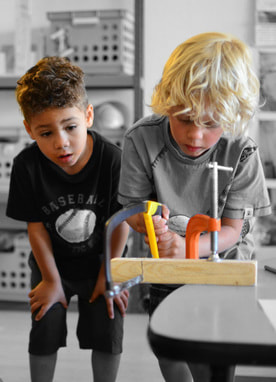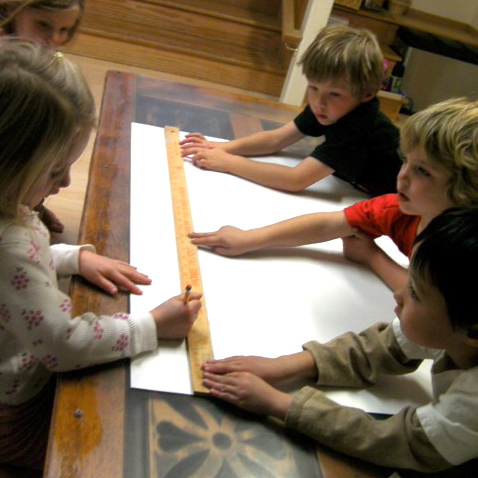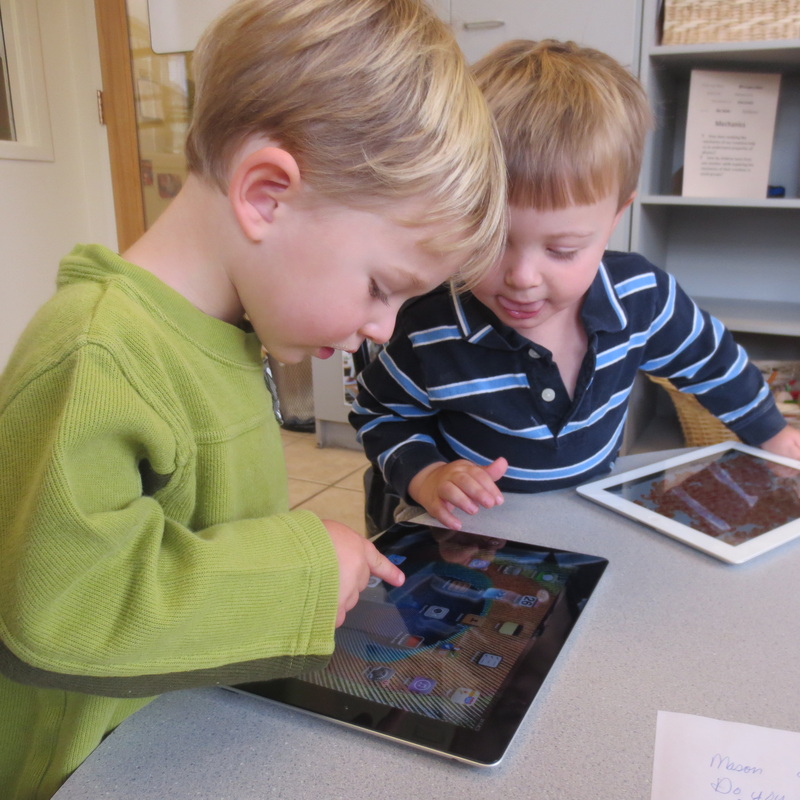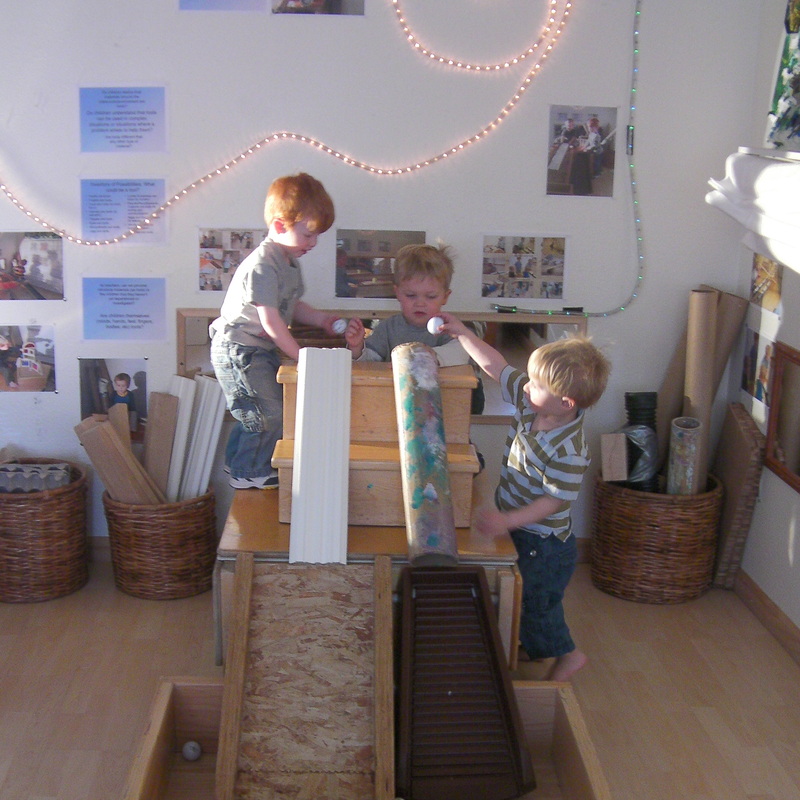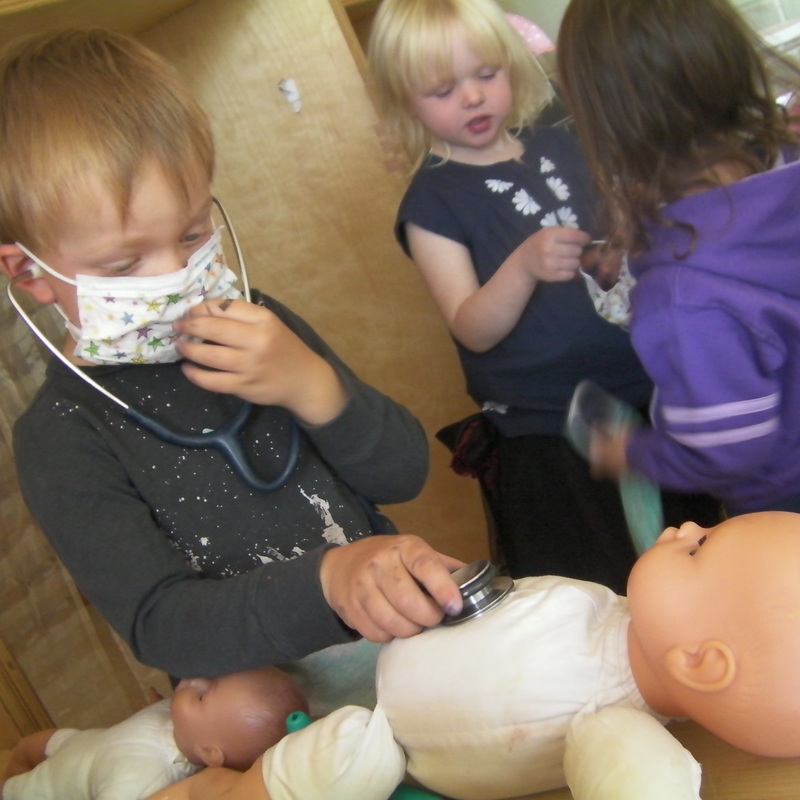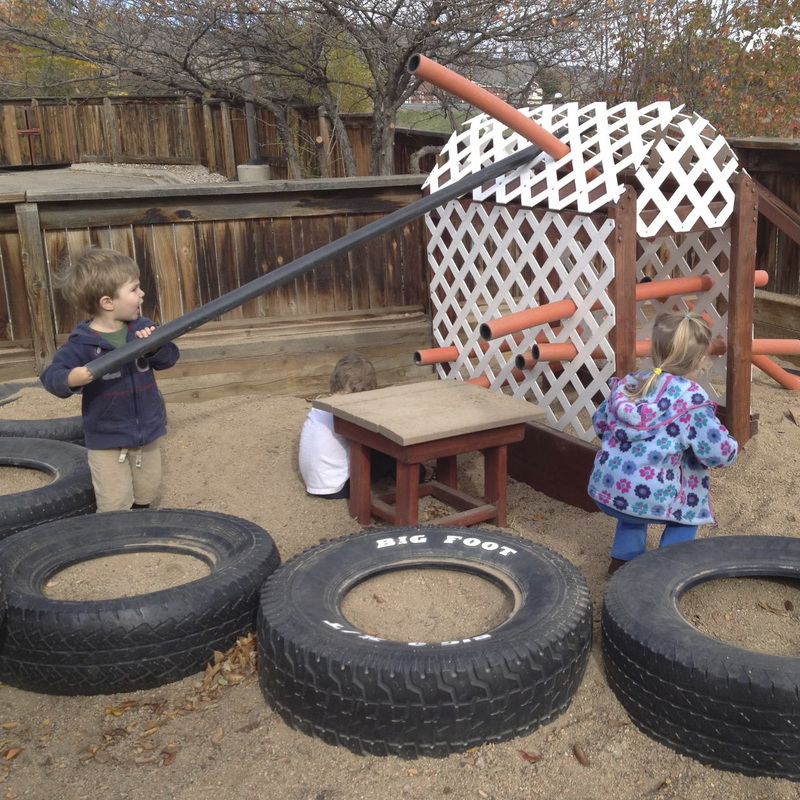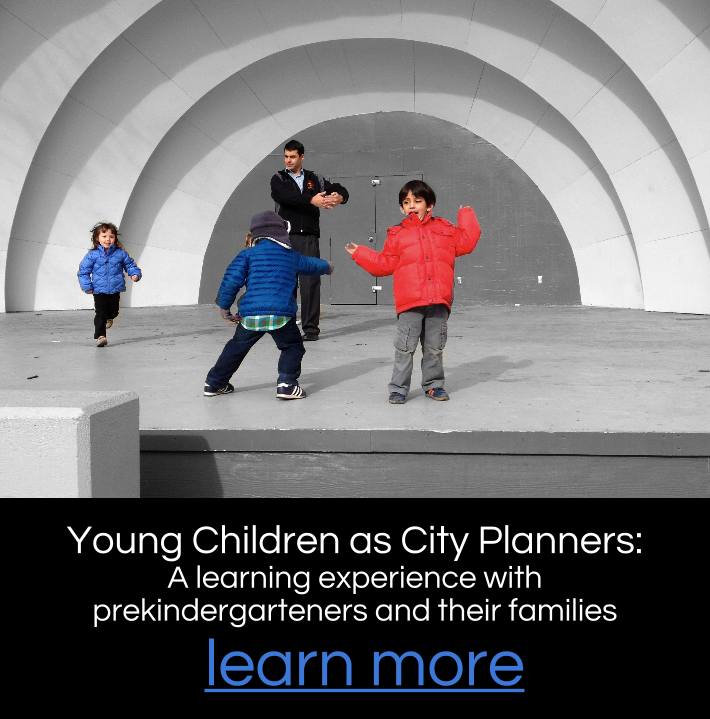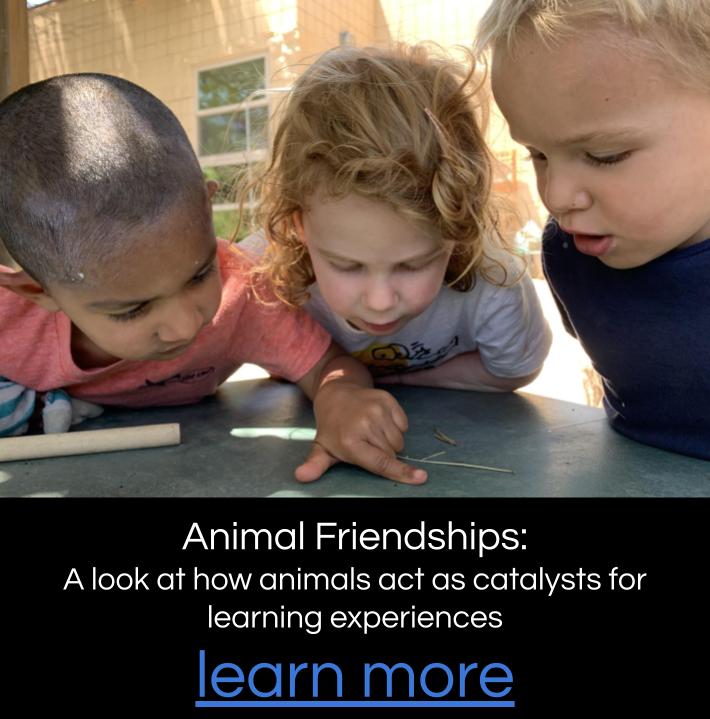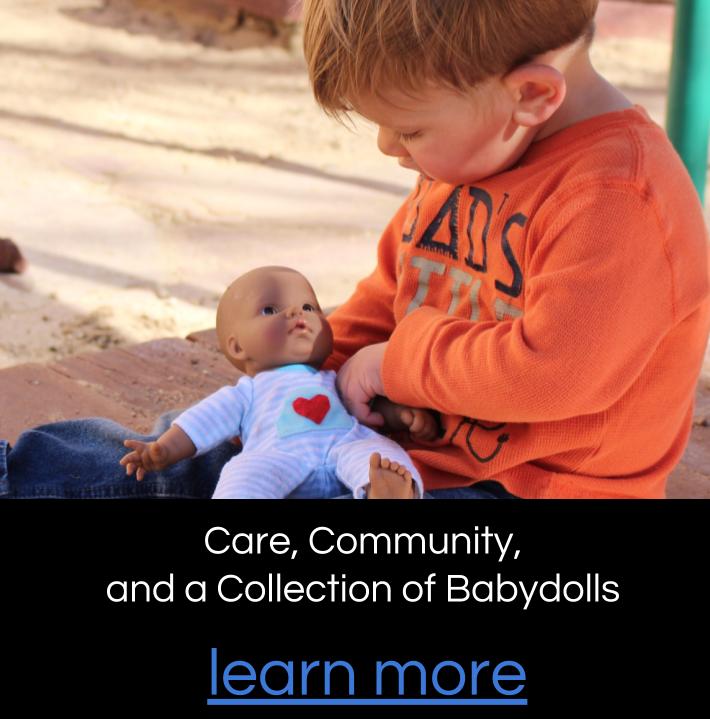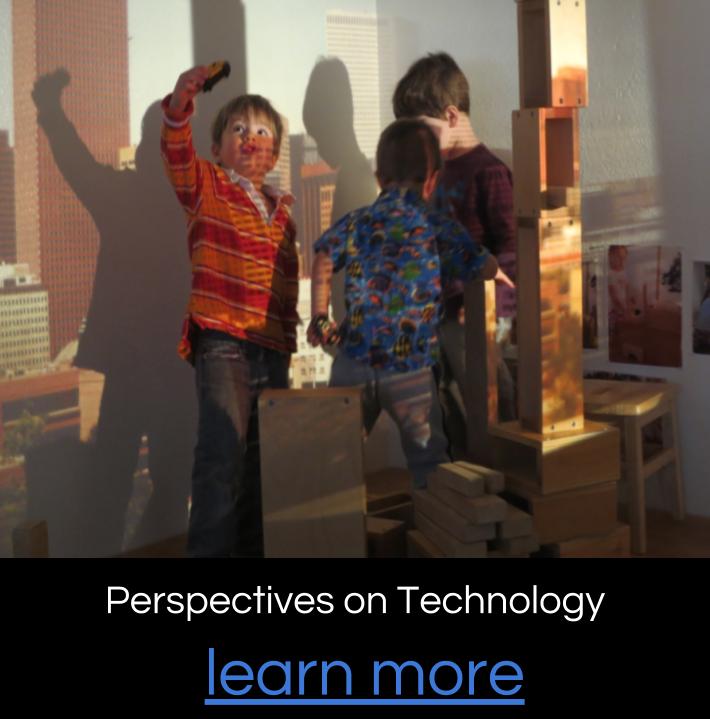Our school's fundamental values are based on an image of children as competent and capable, and as valuable citizens with inherent and irrefutable rights.
|
We believe that when respectful attention is given to children’s words, actions, and productions, their natural capabilities, compassion, and empathy are strengthened in relation to self and others, and learning is optimal. Our community flourishes under these conditions. Self-efficacy develops in tandem with responsibility to community. Curiosity is the driving force behind the investigations children initiate. Each child’s learning experiences are extended and deepened by educators. Respect for all emerging theories allows the child to “try on” both varying approaches to his explorations and explanations for his observations.
We have found that what would appear to most adults as conflict between children is in actuality a process of peers attempting to understand and negotiate differences. Children in an environment that fosters self-efficacy and community resolve these differences on their own, with support from teachers only when needed. Our image of the child as a naturally capable and motivated learner, who works towards balancing the rights of self and others, guides our pedagogy. The child’s unfolding understanding that she is seen, heard, and valued in all aspects of her learning is the touchstone in her development. Our philosophy is inspired by the world-renowned schools in Reggio Emilia, Italy, and by the work of Boulder educators, Frances and David Hawkins. We have worked closely with Carlina Rinaldi, Pedagogista and President, Foundation Reggio Children - Loris Malaguzzi Center and Amelia Gambetti, Consultant, Liaison for Consultancy to Schools, and Co-Chair, International Network, Reggio Children. Near the ends of their lives, we collaborated directly with our friends and mentors, Frances and David Hawkins. Their ideas have been noted in the evolution of the Reggio Emilia schools. |
We support social emotional development based on our theory of
Supportive Social Learning.
Supportive Social Learning is a way of thinking and being, an applied philosophy that is based on a strong image of children and adults who are connected to one another within a community of learners and capable of initiating and building relationships in a place that fosters and develops these relationships. To read an article about Supportive Social Learning, click here.
We build curriculum based on our belief in the importance
of developing "21st Century Skills".
|
Critical thinking and reasoning
Solving problems, planning and using decision making skills |
Information literacy (technology) Understanding which tools are appropriate for which tasks
|
Collaboration
Contributing to the learning of self and others |
Self-direction
Includes curiosity and motivation to find new information |
Invention
Solving problems through an integration of information, making connections between ideas, strategies and solutions |

